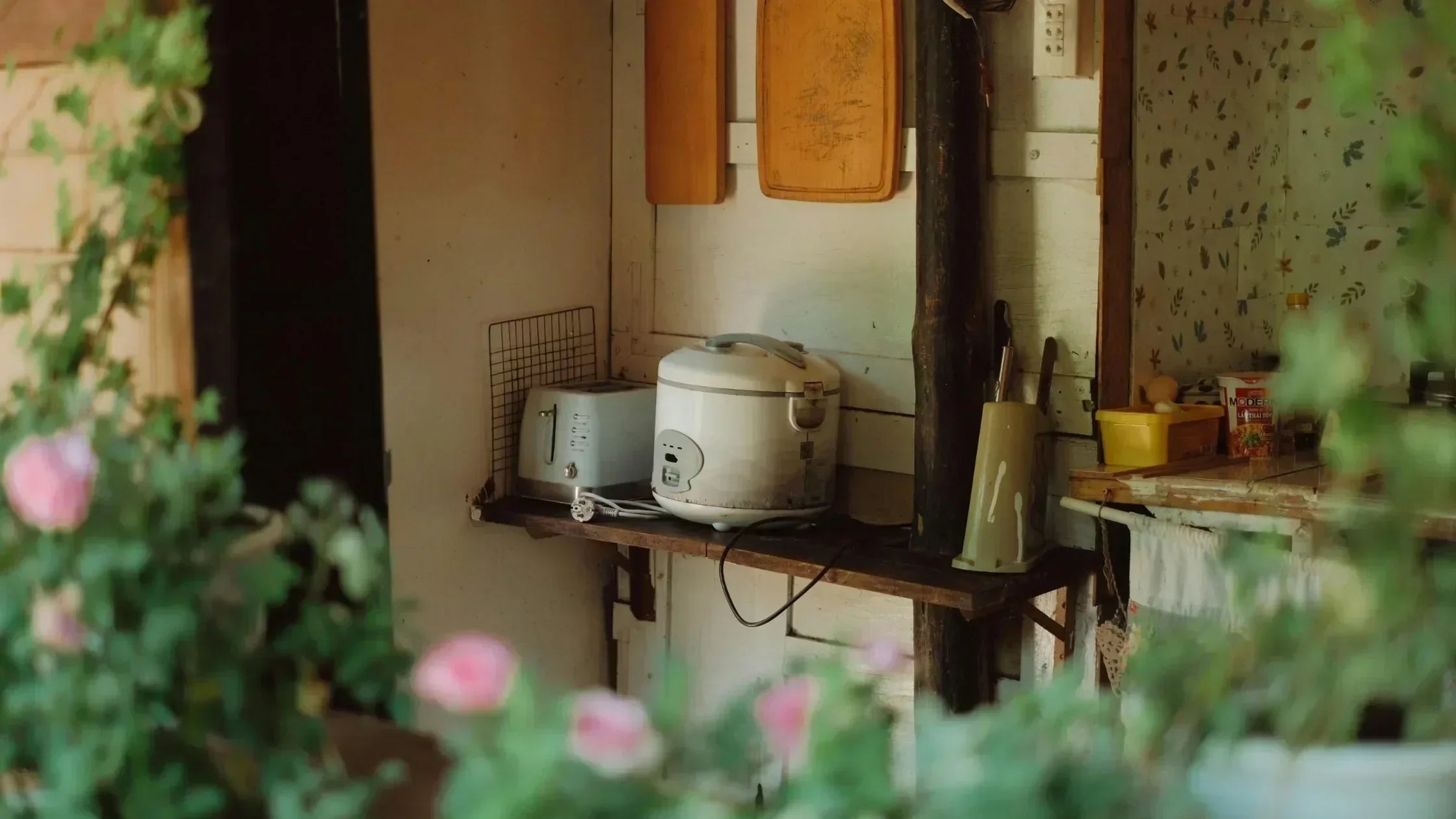In a world where sustainability is more important than ever, eco-friendly living is no longer just a trend—it's a necessity. One of the most elegant and practical ways to reduce your environmental impact is by incorporating Japanese home products into your daily life. Known for their minimalism, durability, and environmental consciousness, Japanese household goods offer a perfect harmony between form and function. In this post, we’ll explore how embracing sustainable Japanese products can help you build a greener, more thoughtful home.
Why Choose Japanese Products for Eco-Friendly Living?
Japan has long been a leader in combining traditional craftsmanship with modern innovation. What sets Japanese home goods apart is their deep-rooted cultural emphasis on mottainai, a concept that expresses regret over waste. This philosophy has naturally given rise to products that are designed to last, serve multiple purposes, and be as eco-conscious as possible.
When you choose eco-friendly Japanese products, you’re not just buying items for your home—you’re supporting a system that values sustainability, quality, and longevity.

Top Eco-Friendly Japanese Home Products
Here are some of the most popular and effective sustainable Japanese home products to help you transition into a more zero waste lifestyle.
1. Bento Boxes: The Zero-Waste Lunch Solution
Forget disposable plastic containers. Traditional Japanese bento boxes are made from bamboo, stainless steel, or sustainable plastics and are designed to be reused daily. These compact and stylish containers not only reduce packaging waste but also encourage mindful eating and portion control.
Eco-friendly tip: Look for bento boxes made with BPA-free materials or natural woods like cypress or bamboo.
2. Furoshiki Wrapping Cloths
Instead of paper gift wrap or plastic bags, try furoshiki, a reusable cloth used for wrapping everything from gifts to groceries. These beautiful textiles are a staple in Japanese culture and are making waves in the global movement toward plastic-free living.
3. Binchotan Charcoal Water Filters
Want a natural way to purify your water? Binchotan charcoal sticks are a traditional Japanese solution that removes impurities from tap water without using plastic filter cartridges. They also add beneficial minerals like calcium and magnesium, improving both the taste and quality of your drinking water.
Green living bonus: These charcoal sticks can be composted after use or reused as deodorizers.
4. Japanese Washi Paper
Handcrafted from natural fibers like mulberry bark, washi paper is not only beautiful but also biodegradable. Use it for home décor, crafts, or even as a replacement for disposable paper towels in some applications.
5. Reusable Japanese Cleaning Cloths (Kaya no Fukin)
Ditch the disposable wipes and synthetic sponges. Kaya no Fukin are traditional Japanese dishcloths made from breathable, natural fibers like cotton or hemp. They're super absorbent, quick-drying, and perfect for cleaning everything from dishes to countertops.
Eco-living perk: These cloths are machine-washable and can last for years.
6. Japanese Cast Iron Cookware
Investing in Nambu Tekki (Japanese cast iron cookware) is not only a nod to centuries-old craftsmanship but also a sustainable kitchen upgrade. These pans are nearly indestructible, provide even heating, and eliminate the need for non-stick chemical coatings.
Sustainable tip: Properly cared for, a cast iron pan can last a lifetime—and beyond.

Embracing Minimalism: A Japanese Approach to Sustainable Living
At the heart of many Japanese home design principles is minimalism, which goes hand-in-hand with eco-friendly living. The idea is simple: less is more. By surrounding yourself only with items that serve a clear purpose or bring you joy, you naturally reduce waste and consumption.
Adopting this Japanese minimalist lifestyle means buying fewer, higher-quality items that are built to last—another step toward a greener future.

How to Get Started with Japanese Eco-Friendly Living
Transitioning to a more sustainable home doesn’t have to be overwhelming. Here’s a simple step-by-step approach to incorporating Japanese eco products into your lifestyle:
-
Start Small: Begin by replacing single-use items like paper towels or plastic containers with reusable Japanese alternatives.
-
Prioritize Quality Over Quantity: Choose well-made products that will last, even if they cost more upfront.
-
Declutter Mindfully: Follow the KonMari method by Marie Kondo to keep only what adds value to your life.
-
Shop Responsibly: Look for local or international retailers that specialize in Japanese eco-friendly home goods.
-
Educate Yourself: Learn more about traditional Japanese practices that emphasize sustainability, such as mottainai and wabi-sabi.
Where to Buy Sustainable Japanese Products
You can find many eco-friendly Japanese products online and in specialty stores. Look for shops that prioritize sustainability, fair trade, and minimal packaging. Some reputable sources include:
- E N Z ō K I – Offers a curated blend of traditional Japanese craftsmanship and modern design.
-
Muji – Known for minimalist, functional, and sustainable products
-
Takeya USA – Offers reusable Japanese drinkware and storage containers
-
Global marketplaces like Etsy or Amazon Japan for handmade and authentic items
The Long-Term Benefits of Eco-Friendly Living with Japanese Home Goods
By making the switch to sustainable Japanese products, you're not just creating a more organized and peaceful home—you’re also contributing to a healthier planet. These benefits include:
-
Reduced carbon footprint through lower consumption and less waste
-
Improved home aesthetics thanks to the minimalist, calming design
-
Better health with natural, non-toxic materials
-
Financial savings over time by investing in durable goods

Final Thoughts: A Greener Life Inspired by Japanese Wisdom
Incorporating eco-friendly Japanese home products into your life is more than a design choice—it’s a commitment to mindful consumption, sustainability, and holistic well-being. Whether it’s a handcrafted bento box, a set of reusable furoshiki wraps, or a minimalist approach to home design, every small change makes a difference.
By embracing the Japanese philosophy of balance, simplicity, and respect for nature, you can create a home that not only reflects your values but also inspires a deeper connection to the world around you.





Share:
How to Host a Japanese-Style Dinner Party
5 Japanese Bedding Essentials for Better Sleep